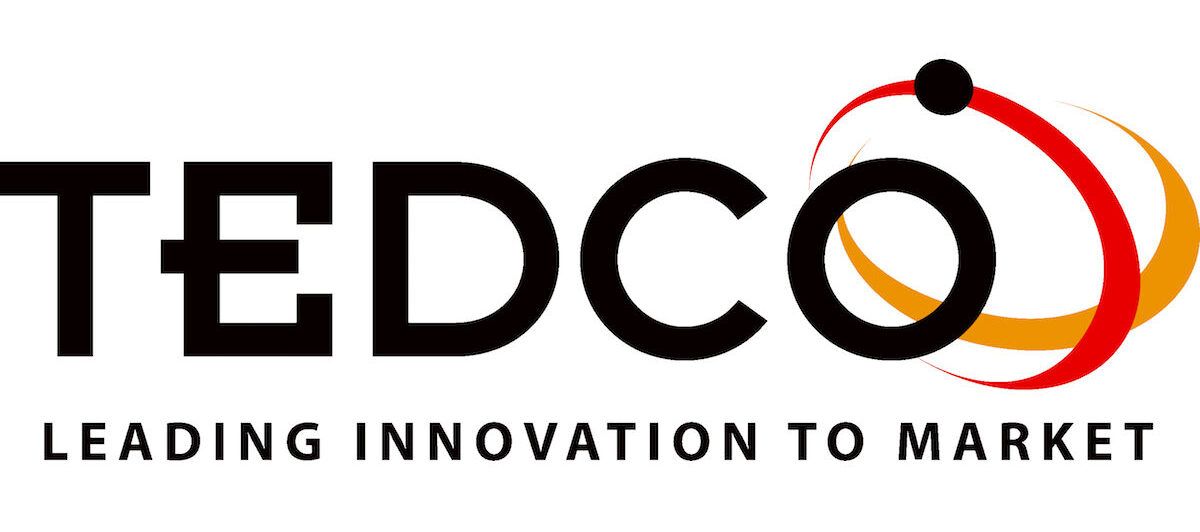Maryland Economic Development Week: Highlighting State’s Tax Credit Programs
BALTIMORE, MD (October 29, 2014) – Maryland Economic Development Week continues today with a look at the Maryland Department of Business and Economic Development’s (DBED) tax credit programs, which spur job creation and investment in infrastructure, support start-up and early stage companies and encourage research and development. Started in 2011, Economic Development Week highlights initiatives for improving business retention, job growth and the overall quality of life for Maryland’s citizens and includes a number of events and receptions hosted all over the State by county economic development offices and business organizations. For a full list of Economic Development Week events and activities, click here.
“Maryland’s tax credit programs are some of the most progressive in the nation and have helped businesses expand, create and retain jobs and attract venture capital and private investors,” said DBED Secretary Dominick Murray. “Our Biotech Tax Credit alone has helped leverage more than $120 million in private funds for emerging biotechnology companies, helping to bring groundbreaking discoveries to the commercial marketplace.”
Mark Vulcan, Program Manager of DBED’s Tax Incentives, provides an overview of DBED’s tax credits in this video.
A brief description of each tax credit program is below. For more detailed information on these programs, as well as a list of other state and federal incentive programs, visit DBED’s website.
Job Creation Tax Credit: Businesses that create a minimum number of new full-time jobs may be entitled to state income tax credits of up to $1,000 per job or $1,500 per job in a “revitalization area.”
Enterprise Zone Tax Credits Program: Provides real property and state income tax credits for businesses that locate in one of Maryland’s 29 enterprise zones.
One Maryland Tax Credit: Businesses that invest in an economic development project in a “qualified distressed county” and create at least 25 new full-time jobs may qualify for up to $5.5 million in state income tax credits.
Biotechnology Investment Tax Credit: Provides income tax credits for investors in qualified Maryland biotechnology companies. The value of the credit is equal to 50 percent of an eligible investment and cannot exceed $250,000 for investors.
Cybersecurity Investment Incentive Tax Credit: Provides a refundable income tax credit to qualified Maryland cybersecurity companies that secure investment from investors.
Employer Security Clearance Costs Tax Credit: Provides income tax credits for expenses related to federal security clearance costs, construction of Sensitive Compartmented Information Facilities (SCIFs) and first-year leasing costs for small businesses doing security-based contract work.
BRAC Revitalization and Incentive Zone Program: Provides local governments with financial assistance for public infrastructure improvements in BRAC growth areas.
Cellulosic Ethanol Technology R&D Tax Credit: Provides income tax credits for expenses related to cellulosic ethanol technology research and development conducted in the state. Amount of credit is equal to 10 percent of eligible expenses.
Research and Development Tax Credit: Businesses with qualified research and development expenses in Maryland are entitled to a tax credit if eligible and certified by DBED.
Brownfields Revitalization Incentive Program: A site that qualifies for this incentive program may also qualify for real property tax credits. The site must be located in a jurisdiction that participates in Brownfields revitalization and is owned by an inculpable person.
Wineries and Vineyard Tax Credit: A Maryland winery or vineyard may qualify for an income tax credit equal to 25% of qualified capital expenses.
And new this year is RISE Zones: A business entity that locates in a Regional Institution Strategic Enterprise (RISE) zone may claim Maryland corporate and personal income enterprise zone tax credits based upon wages paid to qualifying employees. The credit is a one-time $1,000 credit per new employee filling a newly created position, or $1,500 for each qualified new employee in a focus area. For economically disadvantaged employees, the credit increases to a total of $6,000 per new employee, or $9,000 per new employee in a focus area. The tax credit for economically disadvantaged employees is claimed over a three-year period.
ABOUT DBED: The Maryland Department of Business and Economic Development stimulates private investment and creates jobs by attracting new businesses, encouraging the expansion and retention of existing companies, and providing workforce training and financial assistance to Maryland companies. The Department promotes the State’s many economic advantages and markets local products and services at home and abroad to spur economic development and international investment, trade and tourism. Because they are major economic generators, the Department also supports the Arts, film production, sports and other special events. For more information, visitwww.choosemaryland.org.
MEDIA CONTACT:
Karen Glenn Hood
Director, Media Relations and Public Affairs
Maryland Department of Business & Economic Development
401 E. Pratt Street, Baltimore, MD 21202
O 410-767-6318 | C 443-463-8129 | karen.glennhood@Maryland.gov



